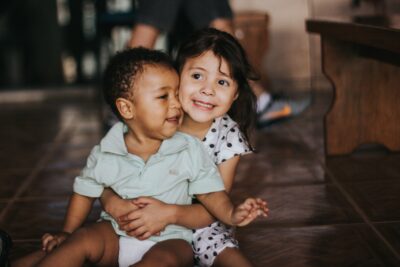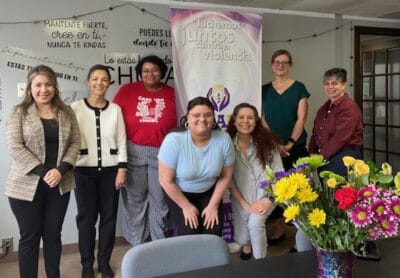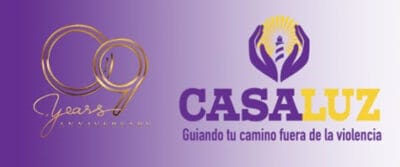In September we celebrated the 30th anniversary of The Violence Against Women Act (VAWA), and it serves as a milestone in recognizing the importance of federal intervention in addressing domestic violence. For Hispanic communities, VAWA has been transformative by addressing the unique needs of victims and survivors who often face additional obstacles. The law continues to be a beacon of hope and protection for Hispanic women, while advocates continue to push for more funding and improvements to ensure that the law serves all communities equitably.
Originally passed in 1994, it has been a groundbreaking piece of legislation in the fight against domestic violence, sexual assault, and stalking. VAWA created comprehensive federal resources, legal protections, and support for victims, and it has undergone several reauthorizations to adapt to the needs of vulnerable communities. One key demographic that VAWA has aimed to support is Hispanic victims of domestic violence.
Impact of VAWA on Hispanic Victims of Domestic Violence
– Increased Access to Resources: VAWA has played a critical role in ensuring that Hispanic victims, who often face unique cultural, language, and legal barriers, have access to services. The law encourages programs that are culturally and linguistically appropriate, enabling Spanish-speaking survivors to access shelters, legal services, and hotlines in their own language.
– Legal Protections for Immigrant Victims: A significant provision of VAWA addresses the vulnerability of immigrant women. Many Hispanic women in the U.S. face the additional burden of immigration status, which their abusers may use to control them. VAWA created the U visa and other provisions allowing undocumented victims to seek protection without fear of deportation. This gives immigrant victims the power to escape abusive situations without being dependent on their abusers for legal residency.
– Culturally Specific Programs: The VAWA reauthorizations in 2005 and 2013 expanded support for culturally specific organizations that provide tailored services for racial and ethnic minority groups. This ensured that Hispanic victims had better access to community-based, culturally sensitive services and programs that addressed their specific needs.
– Outreach and Education: VAWA-funded programs for awareness campaigns, targeting not only victims but entire communities. This outreach has helped break the silence surrounding domestic violence in traditionally close-knit Hispanic communities, where cultural norms might discourage victims from seeking help. Educational programs focus on dismantling stigma and misconceptions, making it easier for Hispanic women to access help.
– Challenges and Ongoing Needs: Despite the progress made by VAWA, challenges remain. Many Hispanic victims still face significant obstacles, such as fear of retaliation from their partners, mistrust of law enforcement, and the economic and legal complexities associated with leaving an abusive relationship. Additionally, due to systemic inequities, Hispanic communities often lack adequate resources and funding for domestic violence services, leading to long wait times or understaffed programs.
It is important to highlight that VAWA’s legacy lies in its ability to evolve and meet the changing needs of victims from diverse backgrounds, including those in Hispanic communities who have long been underserved.


